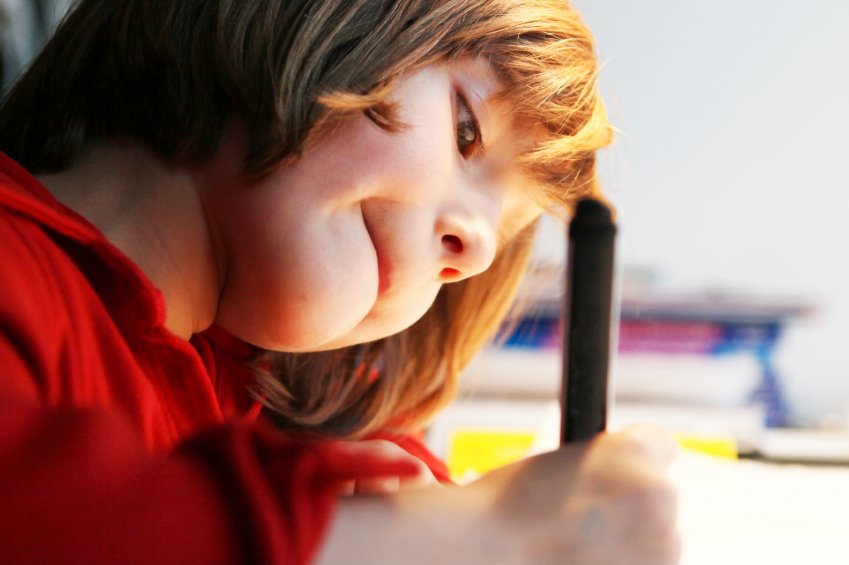
This report outlines findings from our 2022 Annual Literacy Survey, exploring children and young people’s writing engagement following the lifting of all lockdown restrictions in most UK nations.
Our research into children and young people’s experiences of writing in the first lockdown in spring 2020 found that it was a time of greater creativity and that having more time to write freely increased children’s enjoyment of writing. However, by early 2021, just 1 in 3 (34.5%) of children and young people said that they enjoy writing, the lowest level since we first asked this question in 2010.
This report is based on 70,403 responses to our Annual Literacy Survey from children and young people aged 5 to 18 in schools in England, Scotland and Wales in early 2022. This period coincided with the lifting of all lockdown restrictions in England and most other UK nations. Findings show that enjoyment of writing and writing frequency recovered only a little after 2021's all-time low.
Key findings in 2022 include:
- 2 in 5 (40.3%) children and young people aged 5 to 18 said that they enjoy writing in their free time.
- Levels of writing enjoyment increased between 2021 and 2022 for most children and young people regardless of background, with the exception of secondary school-aged children and young people, for whom they remained similar.
- Levels of writing enjoyment increased between 2021 and 2022 for most children and young people regardless of background, with the exception of secondary school-aged children and young people, for whom they remained similar.
- 1 in 5 (20.5%) children and young people told us that they wrote something daily in their free time, an increase from 2021 when we recorded the lowest daily writing rate since 2010 (15.2%).
- 1 in 2 children and young people say that they write to be creative (49.9%), while 2 in 5 write to express their ideas and imagination (45.3%) or their thoughts and feelings (41.4%).
- Writing continues to support children and young people’s mental wellbeing, with 1 in 3 (32.8%) of children and young people saying that writing helps them relax.
The report also notes important barriers and enablers for children and young people’s writing. For example, opportunities for writing for creativity, mindfulness, social connection and social change may be especially helpful in supporting writing engagement.